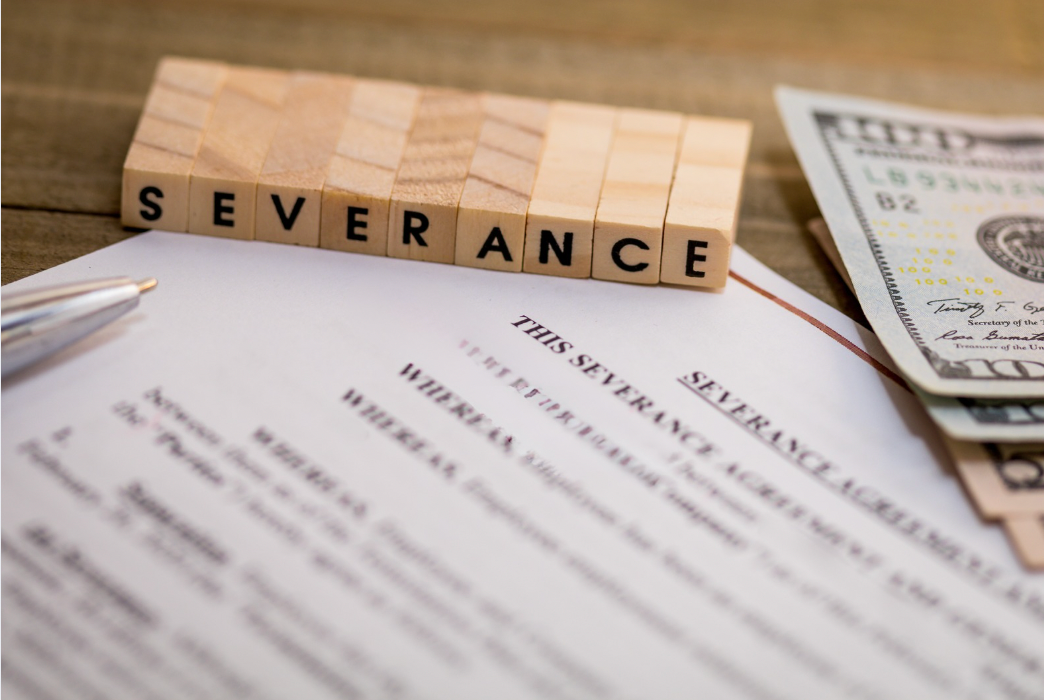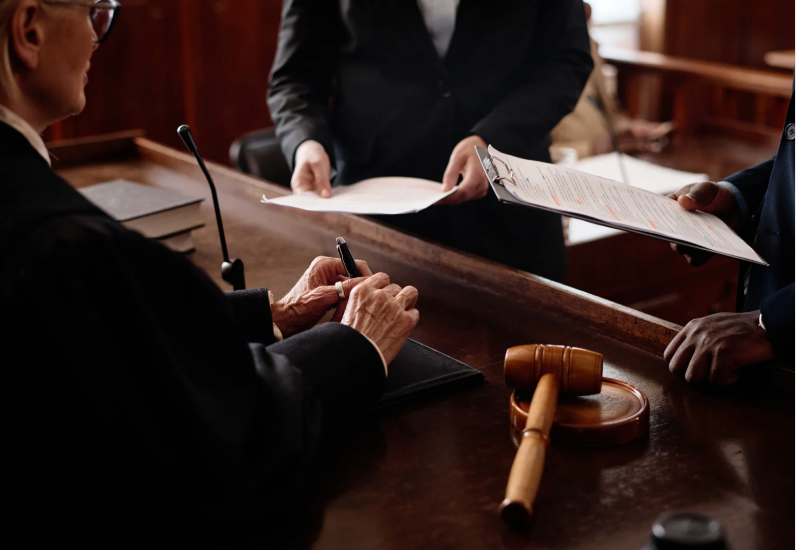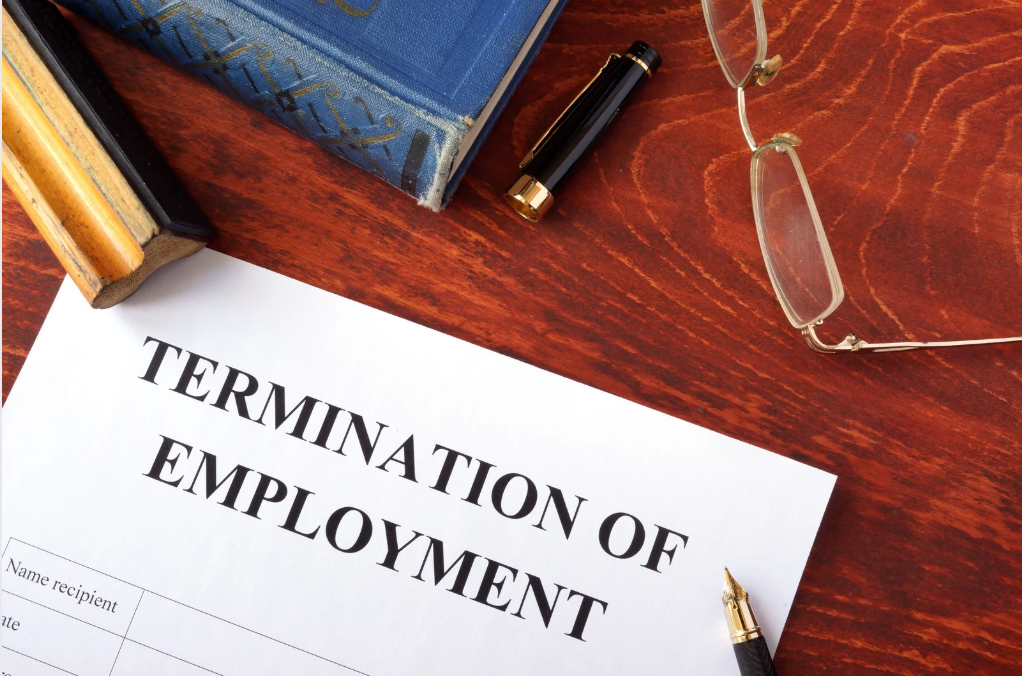Coronavirus and California Paid Sick Leave Laws
The Novel Coronavirus, or COVID-19, is highly contagious. Symptoms can range from mild to severe or even deadly. That is why global quarantines have gone into effect to slow the spread of transmission. If you contract the virus, then it is imperative that you stay home to protect more vulnerable individuals. However, missing work to self-isolate may put many employees in a financial bind. Fortunately, if you are a worker facing the coronavirus in California, you might be eligible for paid sick leave.
Coronavirus in California: Current Statistics
As of March 22nd, the California Department of Public Health (CDPH) has confirmed 1,468 cases of COVID-19 within the state. Of those people affected, 27 have died as a result of the virus. The majority of coronavirus cases affect those between the ages of 18-64. With 369 confirmed cases, those aged 65+ are the next largest group. Children and teens, age 0-17, make up the least amount of positive cases. However, the elderly and those with underlying health conditions face the most risk after transmission. For this reason, the CDPH recommends social distancing as much as possible to limit the spread of the virus.
Who Qualifies for Paid Sick Leave in California?
The Healthy Workplaces, Healthy Families Act of 2014 outlines California employee rights for paid sick leave. Under this law, employees who work a minimum of 30 days in a year can take one hour of paid leave per 30 days worked. However, a person must remain employed for 90 days before the law will cover them. This means that new employees must reach the 90 day threshold before they will qualify for paid sick leave. Further, the law states that employees must remain at the same employer for 30 days within a year to qualify. The law also allows employers to cap paid sick leave to 24 hours, or 3 sick days, total.
With the Novel Coronavirus in California, this state law may not be enough to handle the demands of the pandemic. Health care officials are urging those who contract COVID-19 to self-quarantine for 14 days. With only three of those days paid, even workers who qualify for paid time off may end up returning to work while still being contagious. At the same time, employees who have already used many, if not all, of their paid sick leave risk returning to work before they should as well. Further, this state law does not cover independent contractors and gig-economy workers who must log working hours to receive pay.
How Will Emergency Federal Laws Affect Employees Who Are Dealing With Coronavirus in California?
Given the nature of the coronavirus pandemic, paid sick leave is facing scrutiny at the federal level. For example, on March 19th, the Families First Coronavirus Response Act passed into law and will take effect in early April. This act will provide two sources of paid leave to employees in the U.S.
- Emergency Paid Sick Leave Act (EPSLA) Under this act, employers with less than 500 employees must give employees paid time off for a specific set of reasons related to COVID-19. The amount of paid leave a full-time employee can take is 80 hours. Part-time employees can take paid leave for the average number of hours worked over a two-week period.
- Emergency Family and Medical Leave Expansion Act (EFMLEA) Under this act, employers with less than 500 employees must provide paid time off to employees who need to care for a minor due to COVID-19 emergency closures. This can include the closing of a school or child care facility. While the duration of this time off is 12 weeks maximum, the first 10 days may be unpaid.
Questions About Paid Time Off? Contact a San Diego Employment Lawyer to Learn More
With the coronavirus spreading in California, many employees within the state face uncertainties. Our firm aims to help clients navigate these uncertainties in regard to employment law. To learn more about paid time off in California, contact our offices today. You can reach us by phone at (619) 941-0667 or by leaving us a message online.










